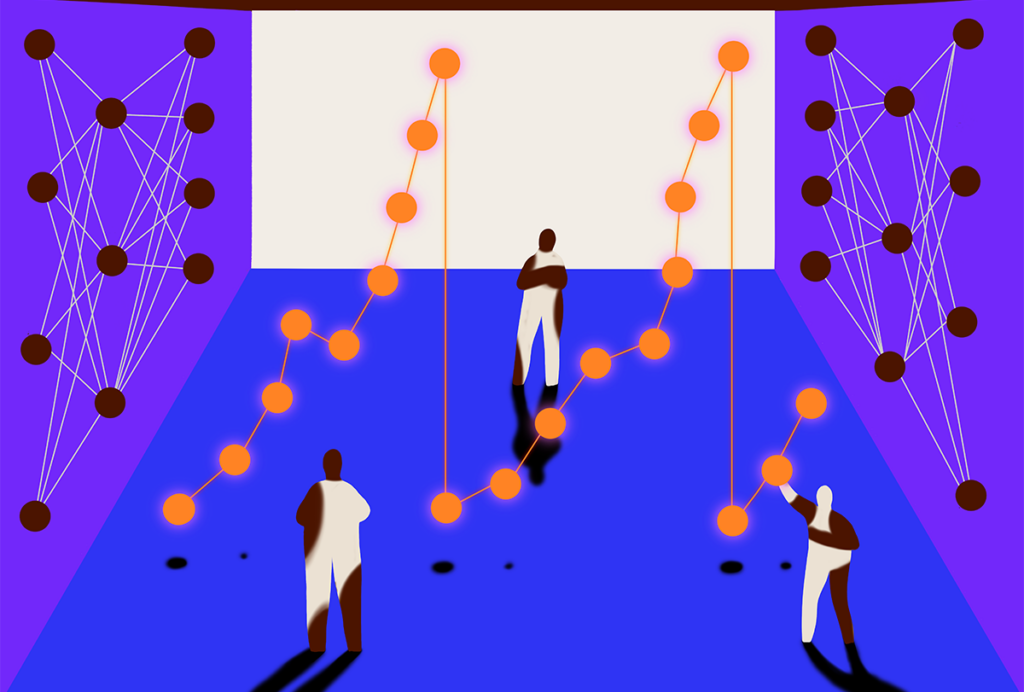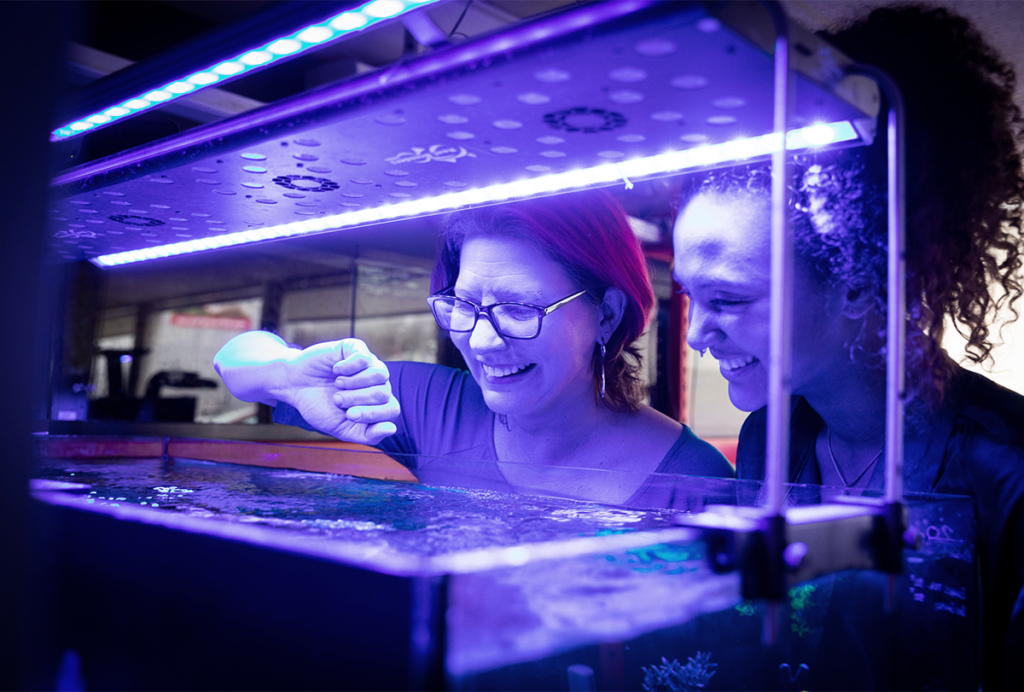Dan Goodman is professor of electrical and electronic engineering at Imperial College London. He uses theoretical and computational models to try to understand unifying principles of intelligent systems, both natural and biological. He designed the “Brian” spiking neural network simulator and co-founded Neuromatch at the start of the COVID-19 pandemic.
He studied mathematics as an undergraduate student at the University of Cambridge and completed his Ph.D. in hyperbolic geometry at the University of Warwick before changing his field to computational neuroscience. He worked with Romain Brette and others at the École Normale Supérieure in Paris before doing a brief stint in experimental neuroscience at Harvard Medical School. He moved to Imperial College as a faculty member in 2014.




